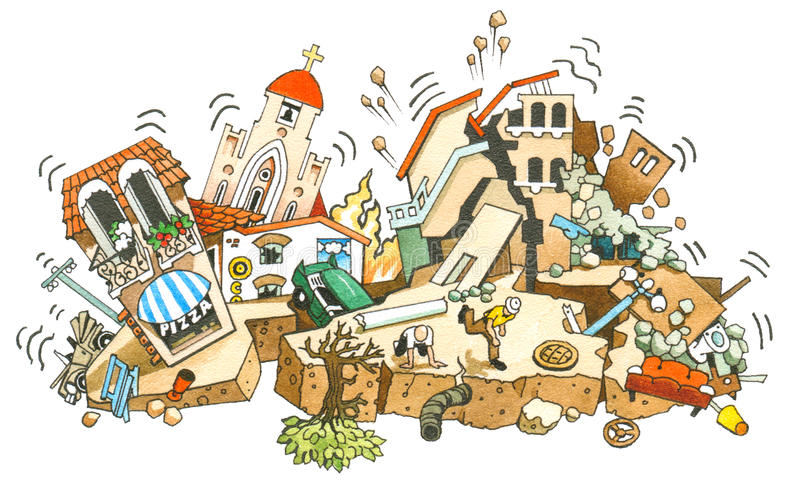Psalm 24.7-8
Lift up your heads, O gates!
And be lifted up, O ancient doors,
That the King of glory may come in.
Who is this King of glory?
The Lord, strong and mighty,
The Lord, mighty in battle!

The excitement of anticipation is something that ought to stay with us for a lifetime. We may get a bit better at disguising it as we age but what a loss if we cannot look forward with eagerness. An imminent birth is one of the most universal of events, that in all but the worst of times, raises up hope and joy. Advent is a period of anticipated joy at the coming of Christ. You may say it is more a matter of remembering than anticipation as Jesus has come and gone. That would be a very limited way of thinking about Advent. Throughout scripture and into current times faith brings with it hope and that hope is centred on the presence and coming of Jesus. Paul reminds us, ‘we are waiting for our blessed hope, the appearing of the glory of our great God and Saviour Jesus Christ.’ Titus 2.13 The Messiah was looked forward to throughout the period of the prophets. Those in Jesus’ time were still looking forward to the Messiah even though most did not recognize him when he was present with them. In modern times, believers look forward to his return when he will bring judgement and a new creation.
This hope is not just for the individual, it is a collective hope for all the people of God, in shared anticipation and celebration. How then should we prepare? Psalm 24 is for collective community use, remembering and celebrating the time when David brought the ark of the Lord to Jerusalem. The ark was the most precious and holy object, it represented the presence of God and his contract with the people of Israel. The ark’s arrival in Jerusalem said to the people of the time, the presence of God is with us, he has come among us. The psalm provides a model of how we could prepare our hearts for the presence and coming of Jesus Christ.
It opens with recognizing that the whole earth and everything in it is his and he created it. Whether we choose to acknowledge him or not, ‘The earth is the Lord’s and the fullness thereof, the world and those who dwell therein.’ v1Jerusalem was built on a hill, the temple had not yet been constructed. To approach the ark or be part of the procession carrying the ark one had to ascend the hill. Holiness was imperative and therefore to come and participate in this celebration and worship it was necessary to have the right heart attitude. David therefore writes, ‘who shall stand in this holy place? He who has clean hands and a pure heart, who does not lift up his soul to what is false and does not swear deceitfully.’ Advent then is an ideal time to take time to let the Spirit search our hearts and open up to us what is deceitful, insincere and impure in our lives. As he exposes each element take the time to calmly seek his forgiveness by confessing to him what the Spirit of God has shown you to be true. This should not be a rushed process it is too important to be flippant, we are wanting the most holy God, maker of all things, to be present in our lives.
Neither should we be afraid that he will not keep his promises to us and remove our sin as far as the east is from the west. Listen to the promise of God, say it out loud, ‘He will receive blessing from the Lord and righteousness from the God of his salvation.’ v5 Now is the time to seek his face. v6
Then this advent we can join with the psalmist and lift up our heads so that the King of glory may come in. Who is this King of glory? It is Jesus Christ, strong and mighty in battle. What battle is this? The battle with sin and death and for our souls. Physically separated as we are we can still as one church of God lift our heads to him in anticipation.
Have you placed your hope in Jesus?
Are you eagerly awaiting him this Advent?
Come, Thou long expected Jesus (with Lyrics)




